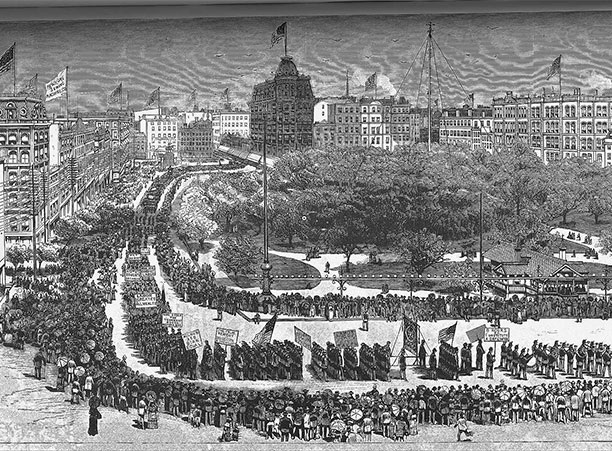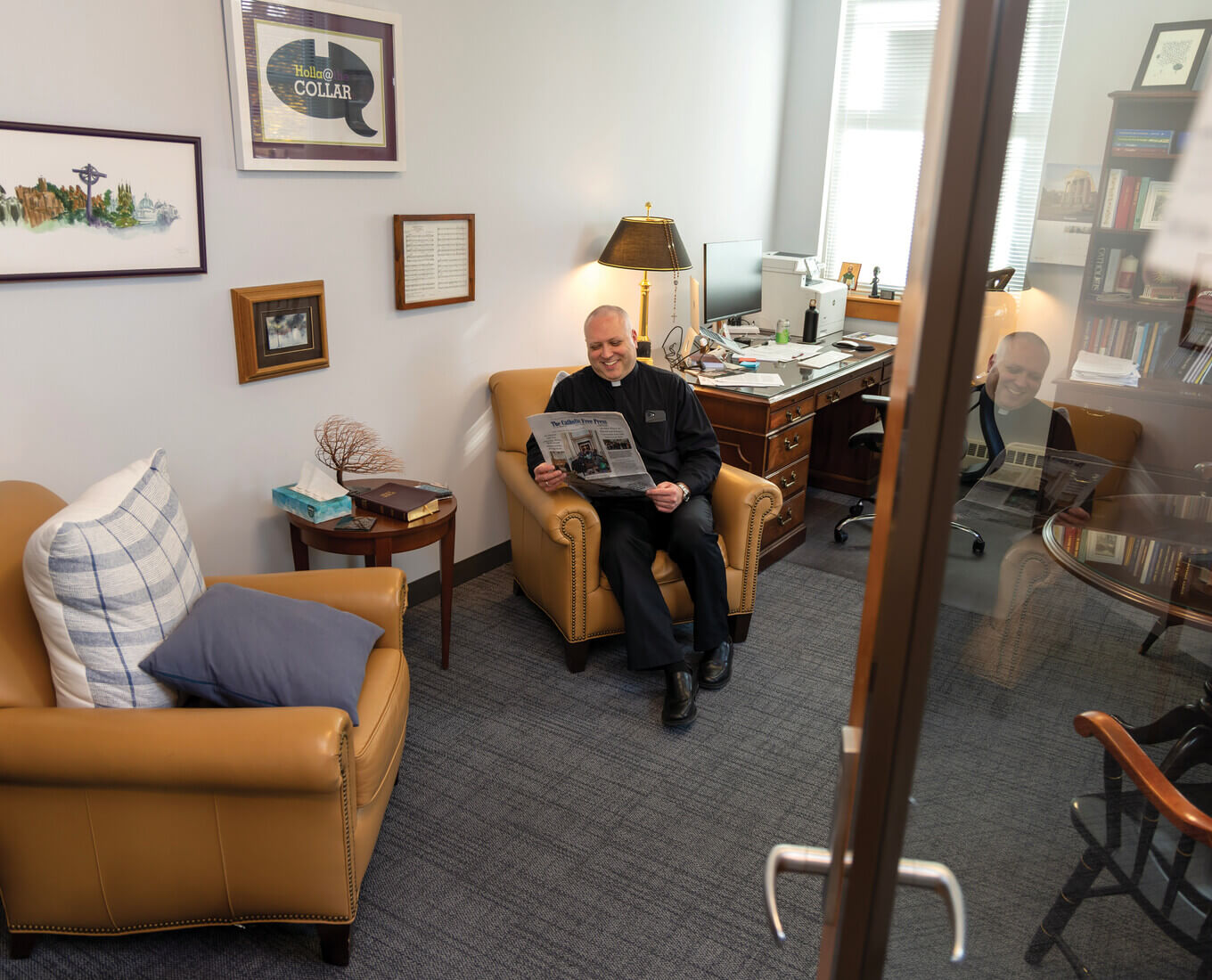 In a recent op-ed for Newsweek, Edward T. O’Donnell, associate professor of history at the College of the Holy Cross, discusses the meaning and origin of Labor Day in light of contemporary issues. By exploring the history behind the motivation for the first Labor Day parade in 1882, O’Donnell discusses the origin of policies meant to limit “wealth and income inequality” and how, over time, the shift of economic equality in the U.S. has begun to return to pre-labor movement numbers.
In a recent op-ed for Newsweek, Edward T. O’Donnell, associate professor of history at the College of the Holy Cross, discusses the meaning and origin of Labor Day in light of contemporary issues. By exploring the history behind the motivation for the first Labor Day parade in 1882, O’Donnell discusses the origin of policies meant to limit “wealth and income inequality” and how, over time, the shift of economic equality in the U.S. has begun to return to pre-labor movement numbers.
“So acute has this problem grown in recent years that many social commentators have taken to referring to our era as a Second Gilded Age,” he writes. “Labor Day reminds us that while we all are created equal, we also grow up to live in a society shaped by policies and laws that determine whether opportunities for success are focused on the great majority of citizens or merely the 1 percent.”
O’Donnell is also the author of the recently published book “Henry George and the Crisis of Inequality: Progress and Poverty in the Gilded Age” (Columbia University Press, 2015).
This “Holy Cross in the News” item by Emma Collins ’16.

